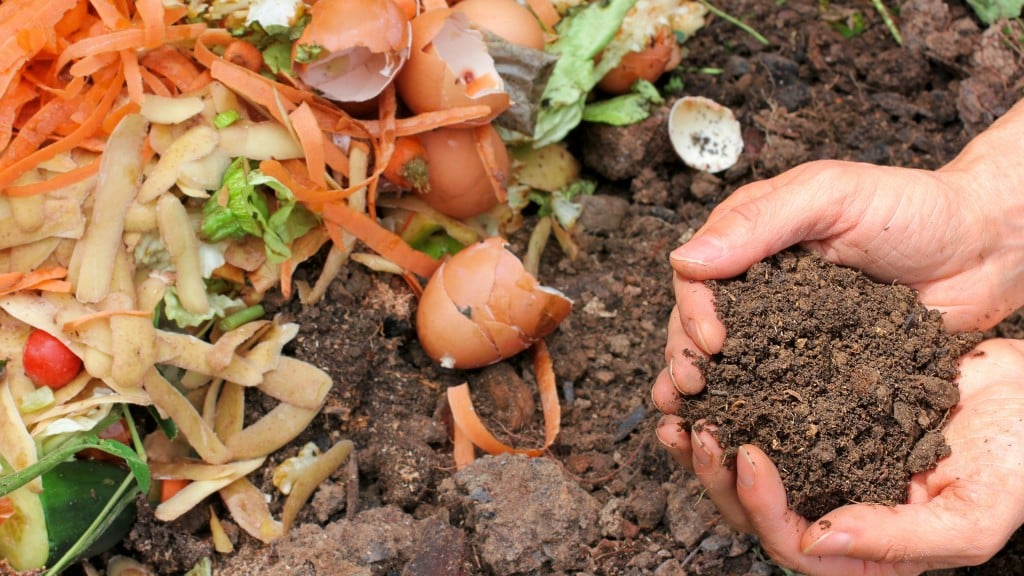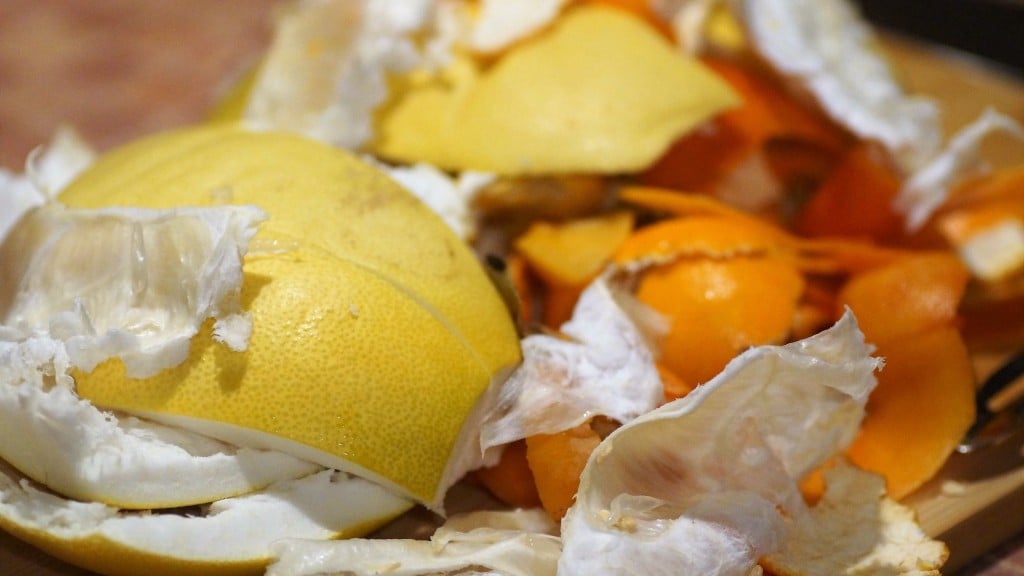Remote Washington village recycles 100 percent of its food waste
Green Mountain Technologies' composting system helps Holden Village improve its organics infrastructure

Holden Village, an isolated mountain community situated deep within the "American Alps" of Washington State, has commissioned a new advanced composting system. One hundred percent of the community's food waste is being recycled into compost for local landscaping, gardening, and restoring the ecosystem, with a composting system that eliminates odours and requires minimal material handling.
During its sixty-year history, the Holden Village community had many motivations to improve its composting infrastructure, one of which is to try to reduce the increasing cost of trash disposal. Another motivation is a strong environmental mission, linked to their unique location deep in the heart of the North Cascades wilderness.
The village is located within a keyhole of land (created by a historic metals mine) surrounded by the Glacier Peak Wilderness Area and within the Okanogan-Wenatchee National Forest. Onsite disposal of any garbage is not allowed. The only way to dispose of garbage is to transport it by a combination of truck and barge via one of the largest and deepest lakes in the region – Lake Chelan – to a regional landfill. So disposal costs are high.
"We know that a large percentage of typical trash is food waste," said Nathan McClure, Holden Village's "Garbologist," who is responsible for managing all of Holden's waste. "It costs us more than a thousand dollars every time we send a trash container to the closest landfill. We've been trying to have an effective composting program for many years but we didn't have the right systems to make a reliable process. Now that we've got a new in-vessel aerated bunker composting system from Green Mountain Technologies, we are not only keeping food waste out of the landfill but are also producing lots of high-value compost for our local use."
Due to the village being at an elevation of about 3,200 feet above sea level, and situated within the heart of the North Cascade Mountains, it receives up to 10 feet of snow during the winter months. Therefore, the aerated bunker composting system was built inside an enclosed utility shop building, with exterior access doors to allow the loading and unloading of feedstock using a truck or tractor. Feedstocks come from food waste and green waste containers collected within the village.
"Holden Village has clearly demonstrated that 'if there is the will there is a way' to make recycling happen," said Rik Langendoen, director of environmental services at Green Mountain Technologies. "They are a great role model for every community."
The village operates a popular retreat centre year-round, and during the summer peak season, Holden can receive hundreds of visitors each day. The combination of the village inhabitants and visitors generates a significant amount of food waste, garbage, and recyclables.
The composting system consists of three aerated composting bunkers. At six cubic yards capacity each, the bunkers were built into the side of an existing building. The aeration system accelerates the natural composting process while also capturing all odours by exhausting the system into a bio-filter, which is located outside the building.
The timer-controlled aeration system regulates airflow from the aeration blowers to ensure optimum oxygen levels for a hot and rapid microbial composting process. System performance is monitored by staff who regularly check temperatures and moisture levels.
Once a bunker is full, the aeration system automatically processes the material for eight to ten weeks with minimal mixing. Processed compost is removed through large exterior access doors, using a small tractor. The compost is used within the village and the surrounding area, which includes an active mine remediation, as well as an area impacted by a relatively recent forest fire.
"We needed the additional capacity of this composting because our old system (known as Earth Tubs, also created by Green Mountain Technologies) wasn't large enough to allow our volumes of food waste to break down fully before needing to empty it and start a new batch," McClure explains. "With the two Earth Tubs we had before we could load a total of 6 cubic yards. The 3 bunkers have a capacity of 6 cubic yards each, for a total of 18 cubic yards. This gives us the capacity to create finished nutritious compost, which only takes about eight to ten weeks."
Holden Village expects to process approximately 35,000 pounds of compostable material per year with the new composting system. The Holden Store started selling "Holden Compost" to residents.
"This was a really fun and interesting project that I'm proud to have been a part of," said Van Calvez, the engineer of the in-vessel bunker system from Green Mountain Technologies. "I don't know if I've ever seen a place where an entire community takes recycling this seriously, it's really inspiring. This new composting system is kind of the icing on the cake to make this a community everyone should aspire to emulate."



